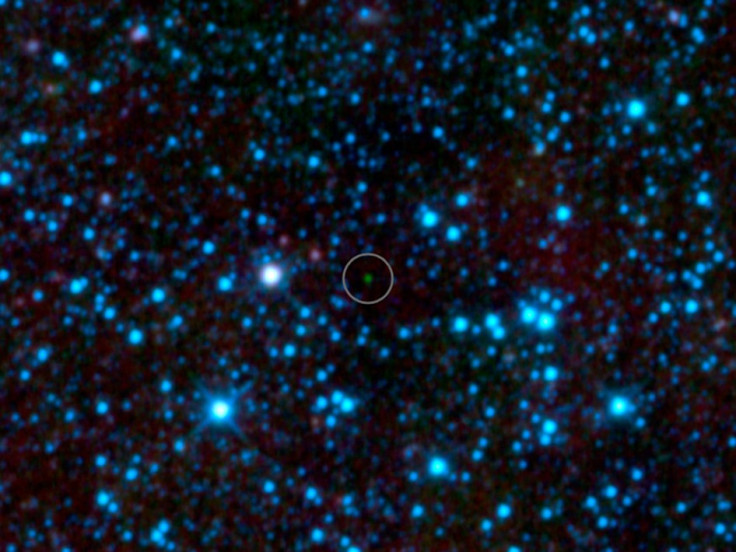Written in the Stars: Supernovae Research Lands Nobel Physics Prize

Three scientists, Saul Perlmutter and Adam Riess of the United States and US-Australian Brian Schmidt have been awarded won the 2011 Nobel Physics Prize Tuesday for their research on supernovae, the Nobel jury confirmed.
The three will share the prize of SEK £10million, with one half to Saul Perlmutter and the other half to be shared equally between Brian Schmidt and Adam Riess.
"They have studied several dozen exploding stars, called supernovae, and discovered that the universe is expanding at an ever-accelerating rate," it said, adding that their discovery had changed mankind's understanding of the universe.
When hearing the news, Schmidt, 44, said winning 'sort of feels like when my children were born.'
He told Swedish public broadcaster SVT by phone from Australia that he was "weak in the knees, really excited, and somewhat I guess amazed by the situation. It's been a pretty exciting last half-hour," he told AFP.
"I did not expect it... I guess it's one of these things you expect is probably not going to happen," he added.
In 1998, cosmology was shaken at its foundations as two research teams presented their findings. Headed by Saul Perlmutter, one of the teams had set to work in 1988. Brian Schmidt headed another team, launched at the end of 1994, where Adam Riess was to play a crucial role .
The research teams raced to map the Universe by locating the most distant supernovae. More sophisticated telescopes on the ground and in space, as well as more powerful computers and new digital imaging sensors (CCD, Nobel Prize in Physics in 2009), opened the possibility in the 1990s to add more pieces to the cosmological puzzle.
The teams used a particular kind of supernova, called type Ia supernova. It is an explosion of an old compact star that is as heavy as the Sun but as small as the Earth. A single such supernova can emit as much light as a whole galaxy. All in all, the two research teams found over 50 distant supernovae whose light was weaker than expected - this was a sign that the expansion of the Universe was accelerating.
For almost a century, the Universe has been known to be expanding as a consequence of the Big Bang about 14 billion years ago. However, the discovery that this expansion is accelerating is astounding. If the expansion will continue to speed up the Universe will end in ice.
In order to explain the rising expansion, cosmetologists' have suggested the existence of what is known as dark energy. Although its properties remain mysterious, it is believed that dark energy makes up around three quarters of the universe.
© Copyright IBTimes 2025. All rights reserved.





















